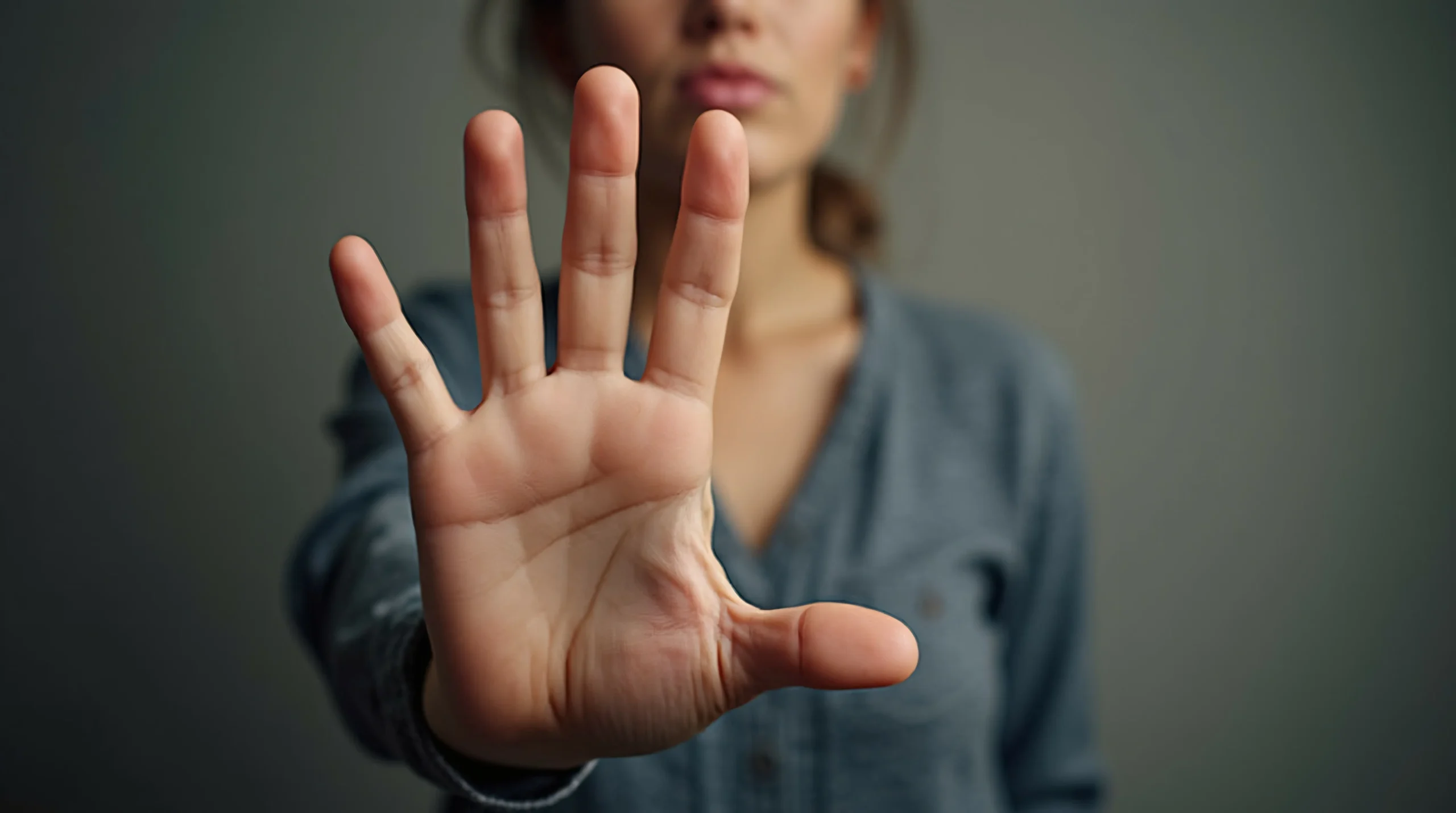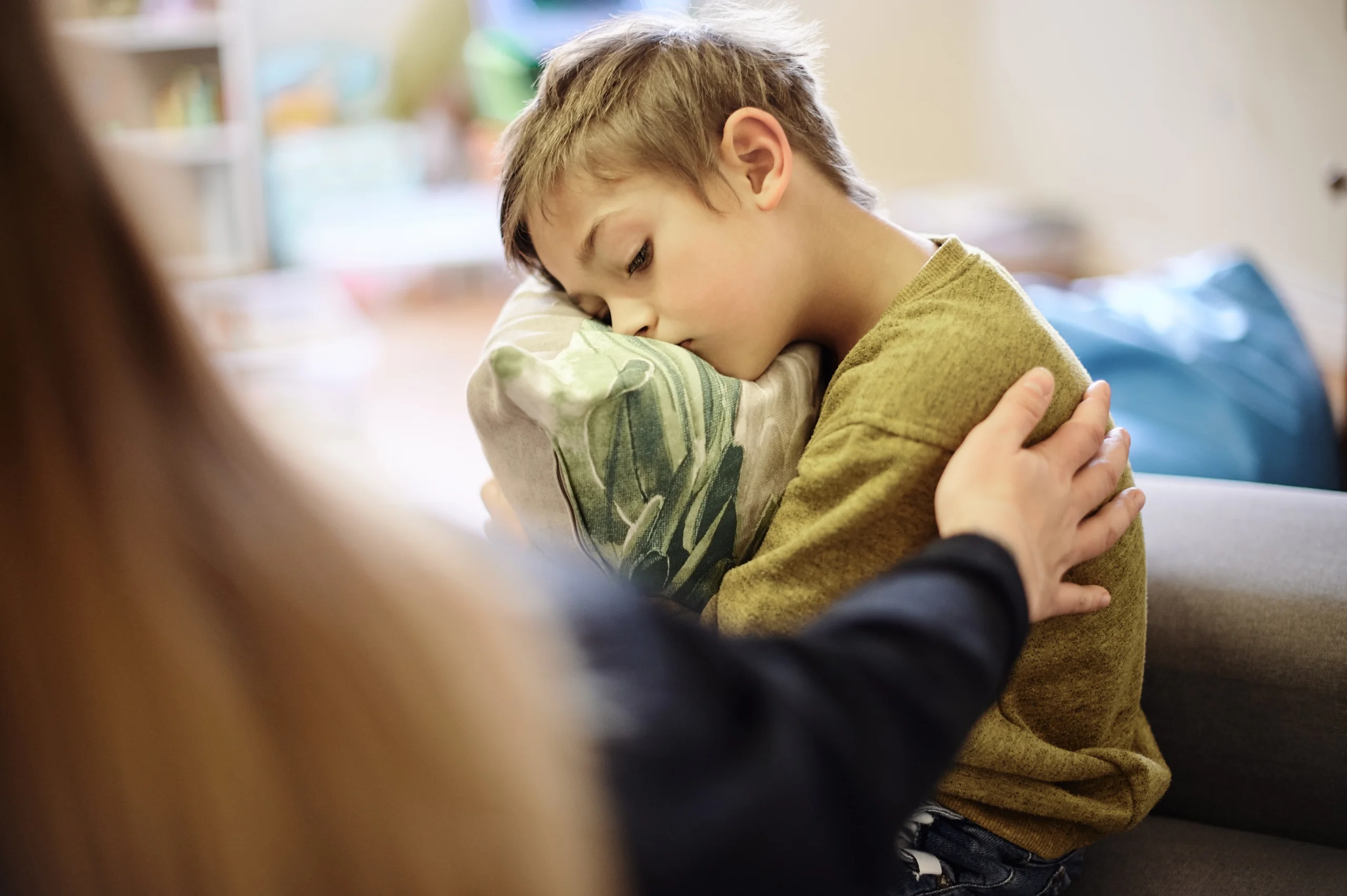Table of Contents
Why Self-Forgiveness Feels Impossible
Deep down, many recovering individuals believe they deserve to suffer
Let’s talk about the one part of recovery no one wants to admit is the hardest: forgiving yourself.
Quitting an addiction takes immense strength. Facing withdrawal, going to meetings, rebuilding a life from rubble — all of that is heroic. But once the dust settles, and the substances are gone, there’s one final demon that often lingers in the shadows: self-hate.
Here’s the truth many people carry in silence — they still believe they deserve to suffer. They might be clean, they might have started therapy, they might even be helping others in recovery — and yet, deep in their core, they feel unworthy of peace.
Why?
Because addiction comes with wreckage: broken trust, missed birthdays, damaged relationships, lost time. And when people finally wake up from the haze, they don’t just remember what they’ve done — they feel it. Raw. Undiluted. And for many, that emotional flood turns inward.
“I ruined everything.”
“I hurt people I loved.”
“I’m a bad person pretending to be better.”
“I don’t deserve to feel good.”
This is where the recovery journey hits a dangerous crossroads. You’ve put down the bottle, the pills, the needle — but now you’re staring down something even heavier: the belief that you should suffer as punishment.
And here’s what needs to be said louder: you don’t have to earn your healing through pain. You earn it through presence. Through doing the work. Through choosing better — again and again.
Self-forgiveness is not letting yourself off the hook. It’s learning how to live with your past without letting it define your future. And yes — it’s hard. But it’s also the turning point where real peace begins.
How Guilt Distorts Recovery
The dangerous loop of “I messed up again, I must be broken” and how it sabotages healing
Guilt can be useful — in tiny doses. It’s like an emotional smoke alarm. It tells us, “Something’s not right.” It reminds us to take accountability, to make amends, to stay mindful.
But when guilt overstays its welcome? It stops being a signal — and starts being a sentence.
For people in recovery, this often looks like an endless loop:
I feel bad → I relapse → I feel worse → I isolate → I relapse again.
This spiral doesn’t happen because someone is weak or doesn’t want to get better. It happens because guilt tricks the brain into believing you are your mistakes. And once that belief takes root, healing becomes nearly impossible.
Research shows that shame and chronic guilt are major predictors of relapse. A study published in the Journal of Substance Abuse Treatment found that individuals who reported high levels of shame were more likely to disengage from recovery programs — even when those programs were working.
Why? Because shame convinces you that you’re beyond saving. That healing is for other people. That forgiveness is earned only by being perfect — and the moment you mess up, you’ve blown your one shot.
Let’s break that myth right now: you don’t need to be flawless to be forgiven. You need to be human. You need to try. You need to show up.
If you’re stuck in a guilt loop, take a breath. You’re not broken. You’re healing. And part of that healing means learning to forgive the “you” who didn’t know better. The “you” who was in pain. The “you” who was just trying to survive.
That version of you doesn’t need your hatred — they need your compassion. Because recovery isn’t about being clean forever. It’s about being real — and resilient — no matter how many times you fall.
Tools for Radical Self-Compassion
Using journaling, guided forgiveness exercises, and trauma-informed therapy to slowly let go and move forward
So what does self-forgiveness actually look like in practice?
Spoiler alert: it’s not some one-time “aha!” moment. It’s a process. A daily decision. A skill you build — like sobriety itself. And there are tools that help:
1. Journaling With Intent
Write the truth. Write the ugly. Write the guilt, the regret, the moments you can’t stop replaying. Then — write from your future self. Write as if you’re the older, wiser version of you, looking back with kindness. What would they say? What would they understand that you can’t see yet?
Journaling bridges your current pain with your future healing. And the more you let your truth hit the page, the less it owns you.
2. Forgiveness Exercises
There are incredible guided meditations and writing prompts designed specifically for self-forgiveness. Some include imagining a conversation between you and the people you hurt — or between you and your younger self. Others focus on visualizing letting go of guilt like a stone you’ve been gripping.
Even if it feels cheesy or awkward at first, this work rewires the brain. The act of imagining forgiveness creates neural pathways of self-trust and compassion.
3. Trauma-Informed Therapy
Sometimes guilt isn’t just about what you did — it’s about what was done to you. Many people battling addiction have unresolved trauma. Childhood abuse. Neglect. Loss. Betrayal.
Trauma-informed therapy helps you understand how pain shaped your choices, and how addiction became a coping mechanism. It doesn’t excuse harmful behavior, but it explains it — and that’s a crucial step toward letting go.
EMDR (Eye Movement Desensitization and Reprocessing), somatic therapy, and IFS (Internal Family Systems) are just a few modalities that can work wonders when paired with traditional talk therapy.
4. Mantras and Micro-Moments
Sometimes, it’s not about deep emotional work — it’s about surviving the moment. Simple, grounded phrases like:
- “I am allowed to heal.”
- “One mistake doesn’t undo my growth.”
- “I can choose compassion today.”
Say them. Out loud. In the mirror. During a panic. After a setback. Mantras work like mental anchor points — especially when your mind is trying to drown you in shame.
Conclusion: You Deserve to Be Free — Not Just Sober
Here’s the final truth: you can stay clean for years and still be shackled to your past.
You can do all the “right” things and still secretly believe you’re unworthy. That’s why self-forgiveness is the final step — the one most people skip, avoid, or delay. But it’s the most freeing one of all.
Forgiveness doesn’t erase the past. But it gives you permission to stop reliving it.
You are not your lowest moment. You are the person who came back from it. And that person? They deserve peace. They deserve joy. They deserve to laugh again, love again, build again.
If you’re struggling with self-forgiveness, that doesn’t mean you’re failing — it means you’re human. Healing takes time. Compassion takes practice. But every day you choose to show up, even with the weight of guilt on your back, you’re getting stronger.
Let go. Slowly, gently. You don’t need to punish yourself forever. You’ve suffered enough. Now it’s time to live.










